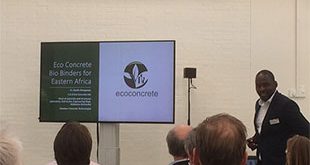There is a common observation that if 10 of the world’s richest were to share half of their wealth with the rest of the world, nearly 3.5 billion people, or half the world’s population would emerge out of absolute poverty. This formula applies in every society where enormous amount of wealth is concentrated in the hands of a small percentage of individuals.
For a meaningful progress in improving life conditions, social and historically entrenched inequalities in this world should be the target of discussion. It is not coincidental that the countries usually designated as endemically poor also share a history of profound repeat abuse – slavery, colonialism, and now corporate imperialism. For societies where poverty is endemic, you find a history of colonialism, disease, corporate exploitation, ethnic clashes, dictatorships, and environmental degradation. Poverty, therefore, is the product of all these entrenched inequalities that we never debate. Poverty has nothing to do with what we invest our time, money, and resources on such as Millennium Development Goals (MDGs) or Sustainable Development Goals (SDGs).
We must often revise the nearly prophetic works by Nina Munk, Dambisa Moyo and many other thinkers before and after them who have countered dominant discourses about global anti-poverty strategies. They called upon the world to recognise the inherent historical factors that subvert real development and address the structural bottlenecks; unfair global trading rules, and the destructive economic policies such as structural adjustment that have further underdeveloped states in the southern hemisphere. Structural adjustment policies are never going to eliminate poverty, but produce it!
****
Morris Komakech is a Ugandan social critic and political analyst based in Canada.
****
Contact: mordust_26@yahoo.ca
 The Independent Uganda: You get the Truth we Pay the Price
The Independent Uganda: You get the Truth we Pay the Price



